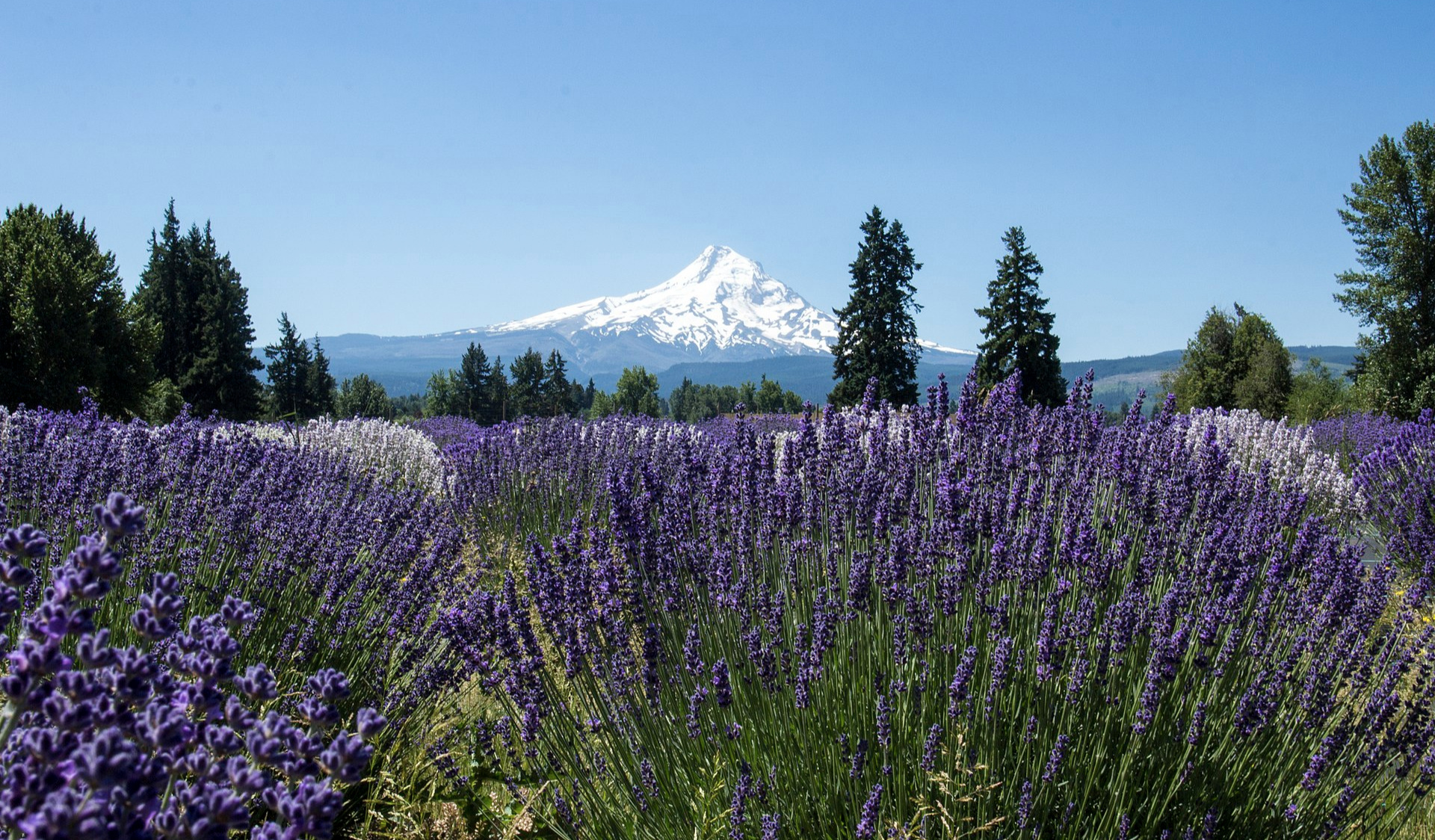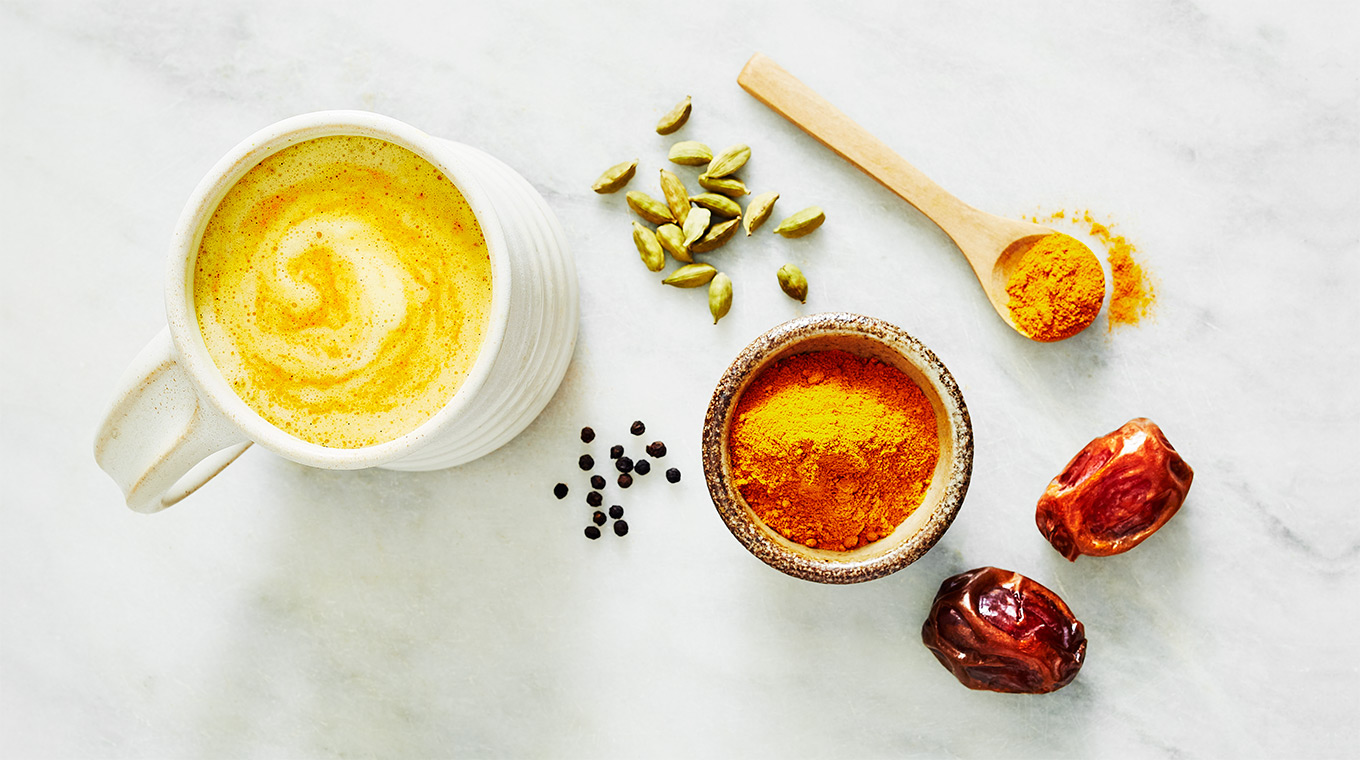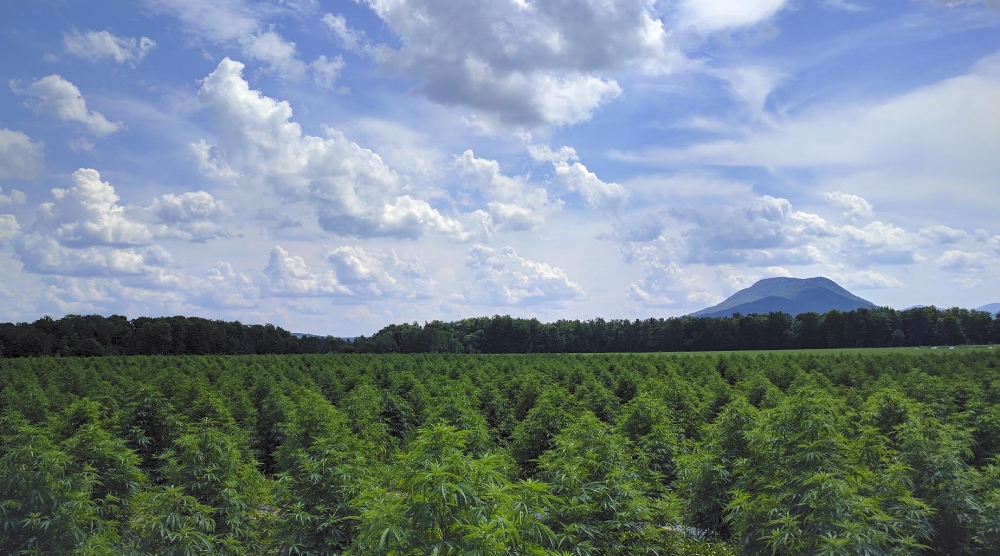Have you heard about CBD? No, that’s not a joke. There are still many people out there who are just now learning about the magic of cannabidiol, a compound extracted from the hemp plant that can work wonders on achy muscles and joints, acute and long-term stress, and inflammation. The power of CBD is due to our body’s endocannabinoid system, and it can be incredibly effective for many people. In the last three years, we’ve brought in more than 200 products that contain high quality, full-spectrum, hemp-derived CBD - everything from liquid tinctures, to capsules, to topical salves, to chocolates, to cold-brewed coffee, and the customer feedback has been overwhelmingly positive.
But before we knew all about CBD, there were many other supplements and herbs that were prized for their stress-relieving and inflammation-modulating effects. And, we at Cambridge Naturals still love them and use them frequently! Whether used on their own, or accompanied by a CBD product, these herbs and supplements can be powerful supports for getting through the day and feeling great.* Below are some of our favorites:
Kava Kava
Kava Kava (Latin name: Piper methysticum) is a root grown in the Pacific Island region. It has been used traditionally for hundreds of years (both medicinally and ceremonially) for its calming, relaxing, and mood uplifting benefits. We carry Kava Kava in capsule, tincture and bulk powder form. “The calm I feel after taking a dropper-full of Kava Kava could be compared to the calm I feel relaxing on a Sunday morning with a special someone. My brain, it could be said, is laying on its own pillow once the Kava Kava starts working on its magic,” says Vicki, CN’s Bulk Herbs Lead. Herbs can be wonderful allies, but all those with compromised liver conditions should not take Kava Kava. As always, make sure to follow the recommended dosage guidelines!
When you take your kava tincture, make sure to look fierce.
Magnesium
Magnesium is an essential mineral used by our bodies to support, among other things, strong and healthy bones, blood pressure, and muscle + nerve function. Supplemental magnesium comes in many effective forms including tablets, liquid, quick-dissolving powder, topical oils and gels, and even in the form of Epsom salts for baths! We use it both topically and internally for achy muscles, for its deeply calming effects, and even for sleep support. Bex, our Events Director, says, “On those days that I'm feeling extra-edgy, I turn to magnesium to support de-stressing, physically, emotionally, and mentally. I've found that it has been particularly helpful for moodiness, cramping, sleep issues, headaches and digestive distress during my monthly moon--and my experience has been corroborated by a slew of studies.”
B-Complex
You’ve probably heard your doctor talk about B12, or maybe folic acid, but what about the full range of B-Vitamins? Did you know that a B-Complex can be a gentle but effective stress support supplement? “I am that person you know at work whose brain is always on,” says Zach, CN’s Co-Director of Purchasing. “You know the one. They speak a mile-a-minute, think even faster, and they always have ten tabs open on their web browser. To support my mind and my body, I take B-Complex Vitamins. Shown to help support reduced cortisol levels (the 'stress hormone') and to support cognitive health in a myriad of ways, I find a good B-Vitamin soothes my nerves, focuses my mind, and energizes for my body. If swallowing pills not your thing, a B6-B12-Folate lozenge is a great way to get some of the most essential B-vitamins.”
The wonderful Arnica Montana via Wikimedia
Arnica
Arnica, an herb indigenous to Siberia and Europe, has been used in holistic medicine for hundreds of years for its anti-inflammatory benefits. You might be familiar with topical formulas (balms or salves) that contain Arnica - an effective remedies for bruises and muscle tension. Arnica can also be taken orally as a homeopathic. “Arnica is a wonderful floral addition to a routine that needs some relief. With anti-inflammatory properties, I look to a simple arnica flower infused oil for the occasional bump, bruise or discomfort,” says Caitlin, CN’s Body Care Lead. “Arnica is a go-to for me as it is typically low in price and fairly easy to find - we have several arnica-infused options for your skin including oil, stick, balm or spray.”
Ashwagandha
Ashwagandha, otherwise known as “Indian Ginseng”, is an adaptogenic herb - meaning it works with the body’s natural processes to balance healthy levels of stress and energy. Many people find Ashwaganda, when taken over the long term, to be extremely beneficial. “Ashwagandha has been a staple in my daily herbal lineup for over 2 years now,” says Alyssa, Supplements Buyer. “It's gentle and balancing nature helps me stay grounded and healthy despite changes in my internal and external environments. Unlike herbs like Kava kava, the effects of Ashwagandha are best felt with prolonged use... I look at it as an herbal investment for my endocrine and immune systems.”
Fields of lavender via Wikimedia Commons
Lavender Essential Oil
Lavender is one of the most well-known essential oils, and with good reason! Not only does it smell amazing, but it can be a very effective remedy for relaxation and sleep. Lavender EO should only be used externally, such as in a diffuser, or diluted with water in an atomizer bottle as a linen/pillow spray. You can also find many balms and salves that contain high-quality lavender EO. “I use Badger’s Sleep Balm with lavender every night,” says Caleb, Co-Owner. “I rub a little bit on my wrists, temples, and under my nose, and find that it helps calm my mind so that I’m able to drift off to sleep without all the racing thoughts of the day!”
Lemon Balm
Lemon Balm, or Melissa Oficinalis, is a widely-planted and widely-cultivated green herb grown and enjoyed everywhere from Europe to the US. It’s known for being a gentle herb for uplifting one’s mood, and has also been clinically studied (with hopeful results!) for use with hyper-activity disorders. “Like a lot of folks in this day and age, I often find myself with rather higher stress levels than I'd like,” says Sam, CN’s Body Care Buyer. I often use lemon balm to soothe my overactive stress-demons, in one of two ways: as a tincture for a concentrated dose, or as a cup (or several!) of soothing tea. This past weekend, on a day when everything seemed to be Too Much (the store was busy, I had So Many Things To Get Done, and I made the mistake of reading the news) I brewed a large pot of lemon balm and drank it over the course of a couple hours. By the time I finished the savory herbal brew, I felt the very definition of mellow.
Gaia Herbs’ traditional Golden Milk powder is tasty and effective!
Turmeric
Turmeric has been used for thousands of years in Ayurvedic medicine, and in traditional South Asian and Middle Eastern cooking. More recently curcumin, one of the active constituents in turmeric, has been recognized for its powerful anti-inflammatory benefits. “Turmeric, now there's an herb whose value is unquestionable!” says Michael Kanter, Cambridge Naturals’ Co-Founder and Chief Visionary Officer. “Especially when one is dealing with an aging body and joints. That's me! Maybe it's you, too? My body thanks me every day!” There are so many ways to take quality turmeric - including tablets, capsules, powders (for use in cooking and beverages), and even teas and tonics.
* None of these statements have been evaluated by the Food and Drug Administration. These products are not intended to diagnose, treat, cure, or prevent any disease.












